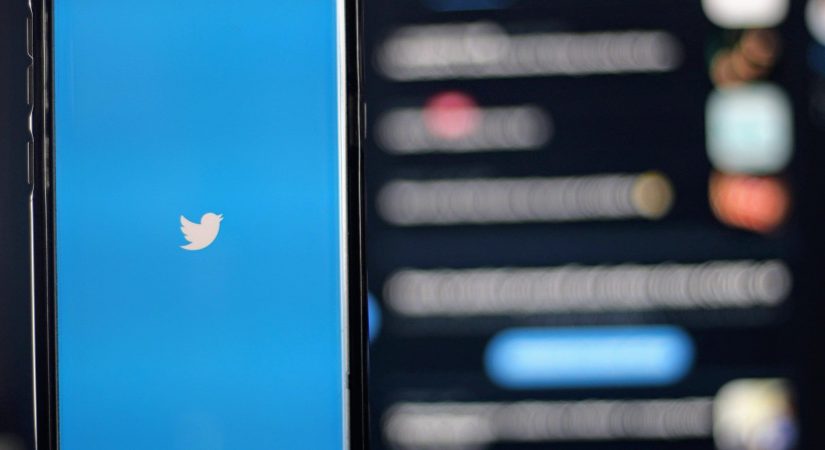Twitter has always been known for its real-time conversation and quick messaging service. However, it has been criticized for its lack of privacy and security features. In recent years, the social media giant has been working to address these issues, and now it seems that Twitter is set to launch a new feature that will improve the security of direct messages (DMs).
Elon Musk, the CEO of Tesla and SpaceX, recently announced that Twitter is planning to roll out encrypted DMs in March 2023. This new feature will add an extra layer of security to Twitter’s direct messaging service, making it more difficult for third parties to intercept and read private messages.
What are encrypted DMs?
Encrypted DMs are direct messages that are sent and received using end-to-end encryption. This means that the messages are encrypted on the sender’s device and can only be decrypted by the recipient’s device. This makes it virtually impossible for anyone else to read the messages, including hackers, governments, and even Twitter itself.
How will encrypted DMs work on Twitter?
Twitter has not yet provided details on how encrypted DMs will work on its platform. However, it is expected that users will be able to turn on end-to-end encryption for individual conversations, similar to how it works on messaging apps like WhatsApp and Signal.
Why is this important?
Twitter has been criticized for its lack of privacy and security features, especially when it comes to direct messages. Encrypted DMs will add an extra layer of security to Twitter’s direct messaging service, making it more difficult for third parties to intercept and read private messages.
In addition, this move will bring Twitter in line with other messaging services that already offer end-to-end encryption, such as WhatsApp and Signal. As more people become aware of the importance of privacy and security online, it’s becoming increasingly important for social media platforms to provide these features.
What are the potential benefits of encrypted DMs?
Encrypted DMs offer several benefits to users, including:
1. Increased privacy and security
Encrypted DMs will make it much more difficult for third parties to intercept and read private messages. This is especially important for journalists, activists, and other users who rely on Twitter to communicate sensitive information.
2. Protection against government surveillance
End-to-end encryption makes it virtually impossible for governments to intercept and read private messages. This is important for users who live in countries with authoritarian governments that may try to monitor their online activities.
3. Protection against hackers
Encrypted DMs will also protect users against hackers who may try to steal their private messages. This is especially important for users who store sensitive information on their Twitter accounts.
What are the potential drawbacks of encrypted DMs?
While encrypted DMs offer many benefits, there are also some potential drawbacks, including:
1. Difficulty detecting and preventing abuse
Encrypted DMs may make it more difficult for Twitter to detect and prevent abuse on its platform. This is because it will be more difficult for Twitter to monitor the content of private messages.
2. Difficulty enforcing platform policies
Encrypted DMs may also make it more difficult for Twitter to enforce its platform policies. For example, Twitter may not be able to detect and remove messages that violate its terms of service.
3. Difficulty complying with legal requests
End-to-end encryption may also make it more difficult for Twitter to comply with legal requests for user data. This is because Twitter will not be able to access the content of encrypted messages, even if it is legally required to do so.
Conclusion
Twitter’s move to roll out encrypted DMs is a significant step towards improving the privacy and security of its direct messaging service.
Read also: Twitter blue can now be used in more than 20 countries
